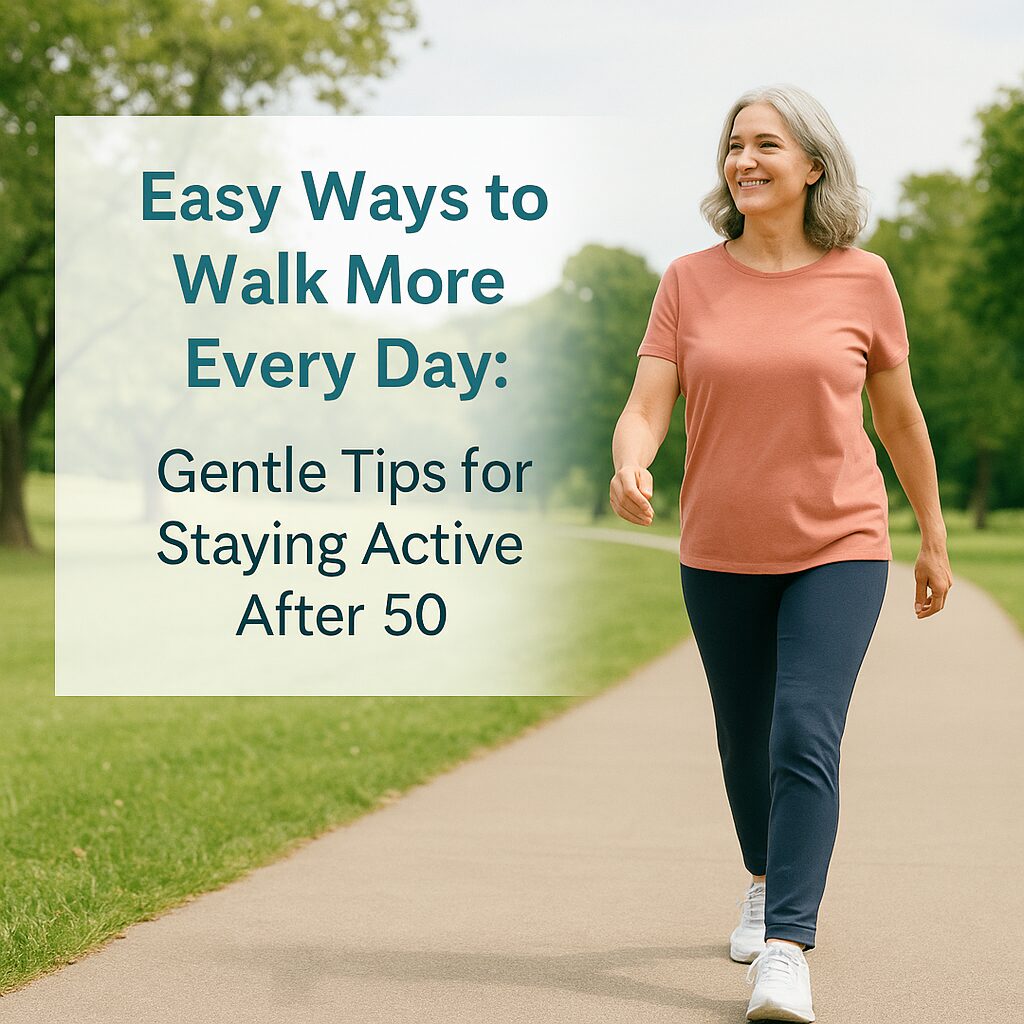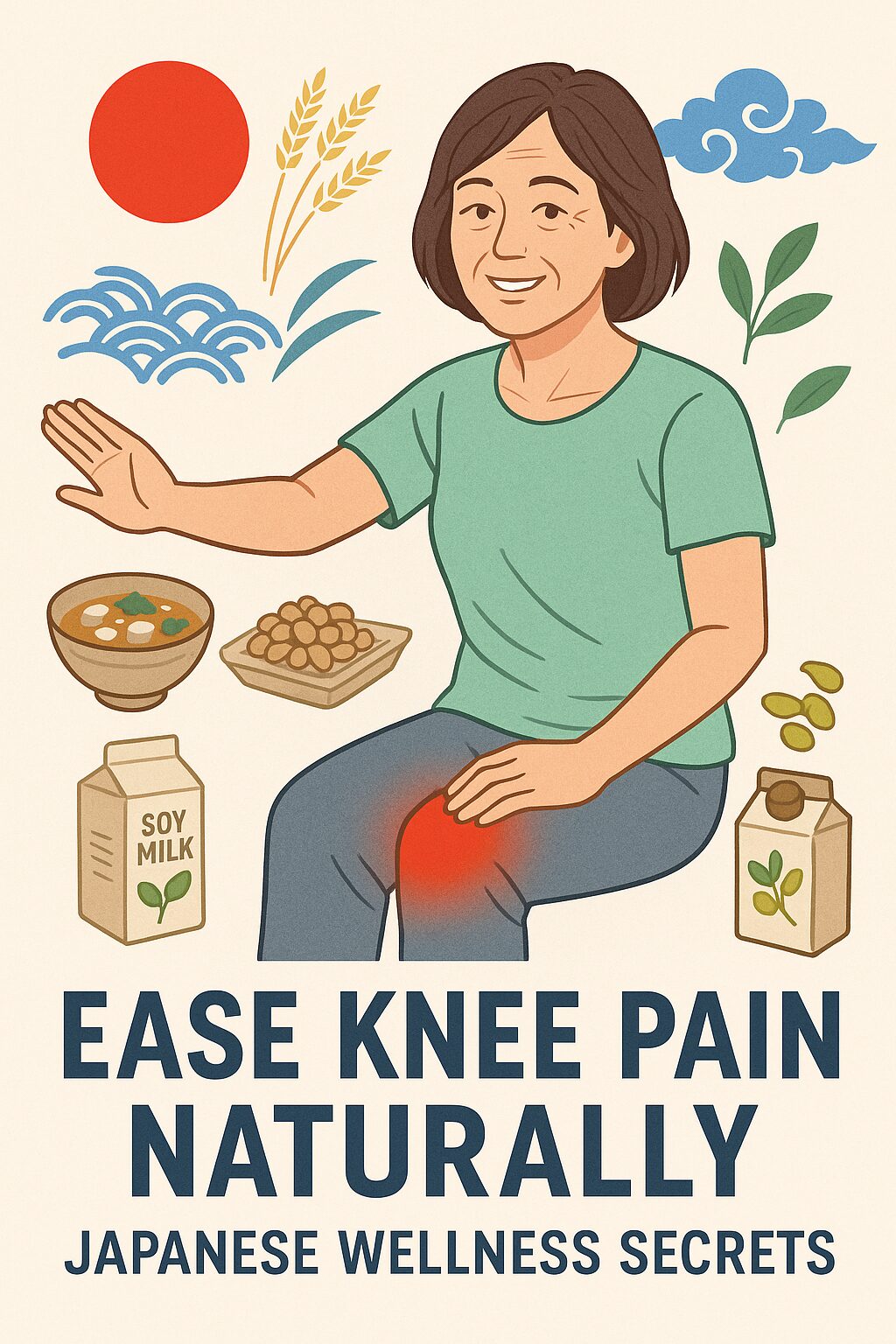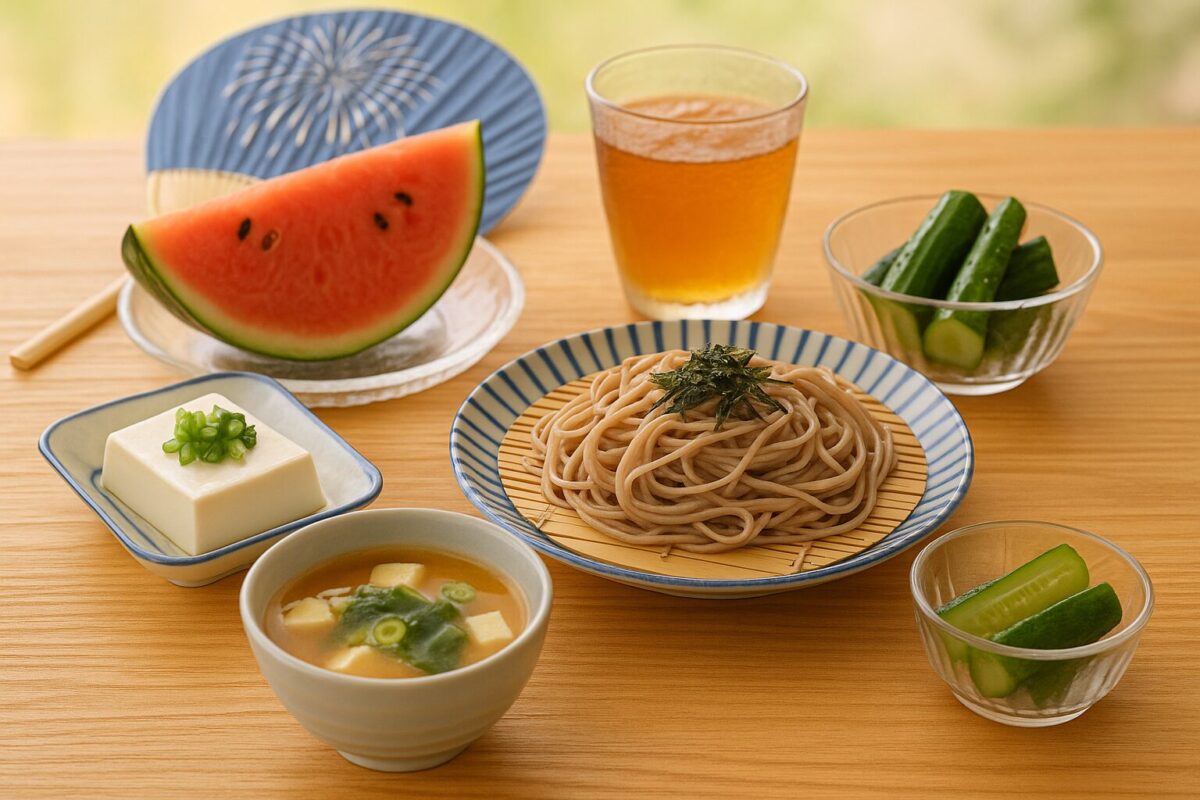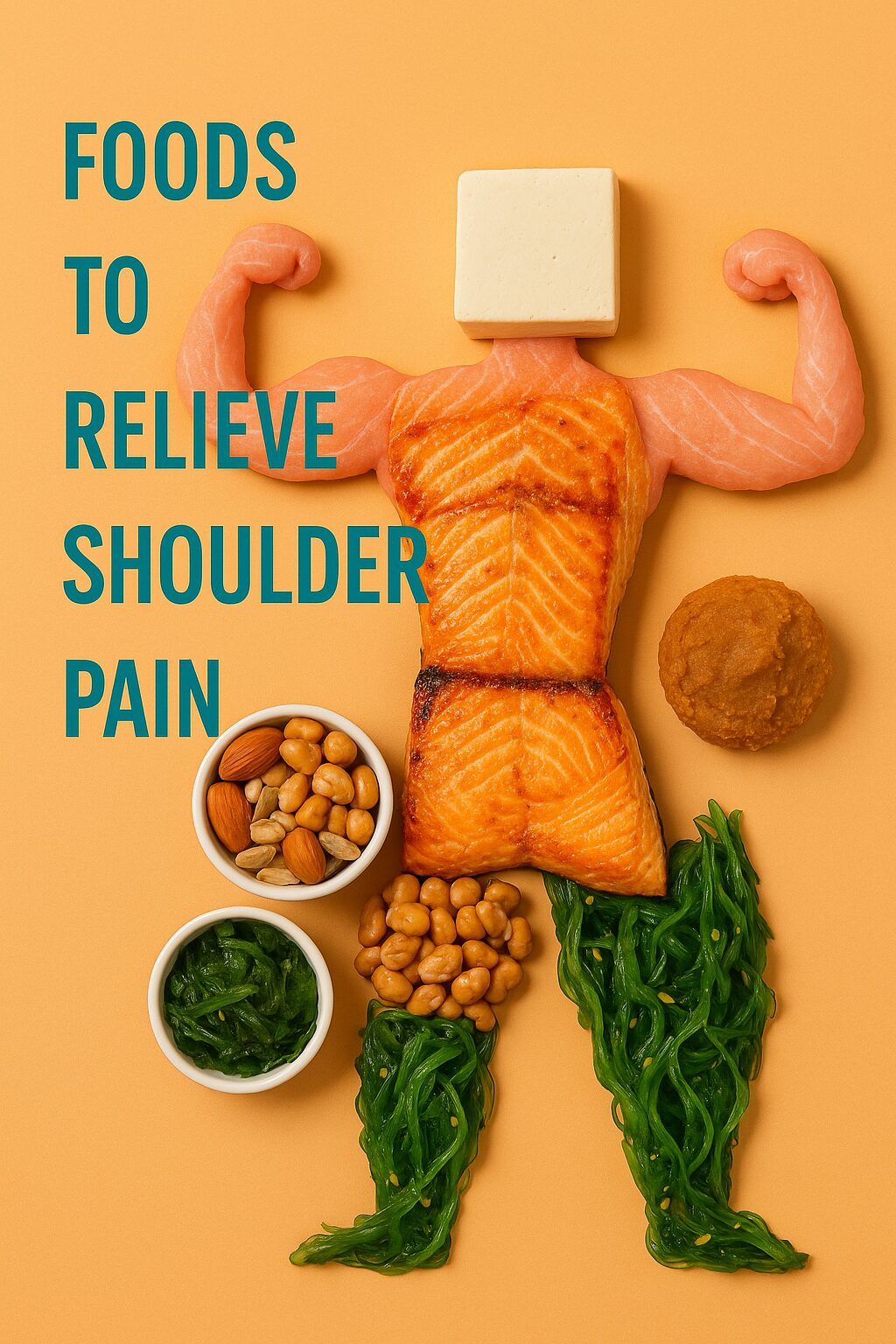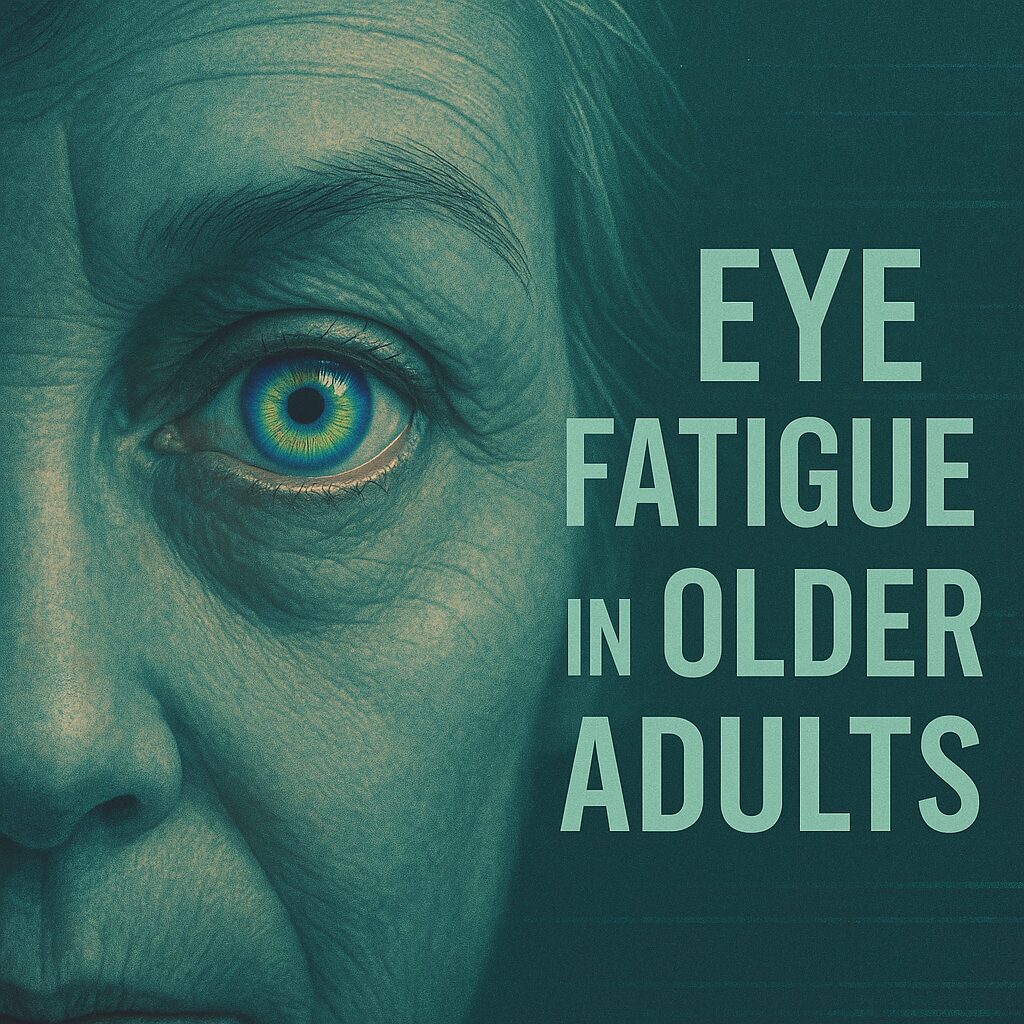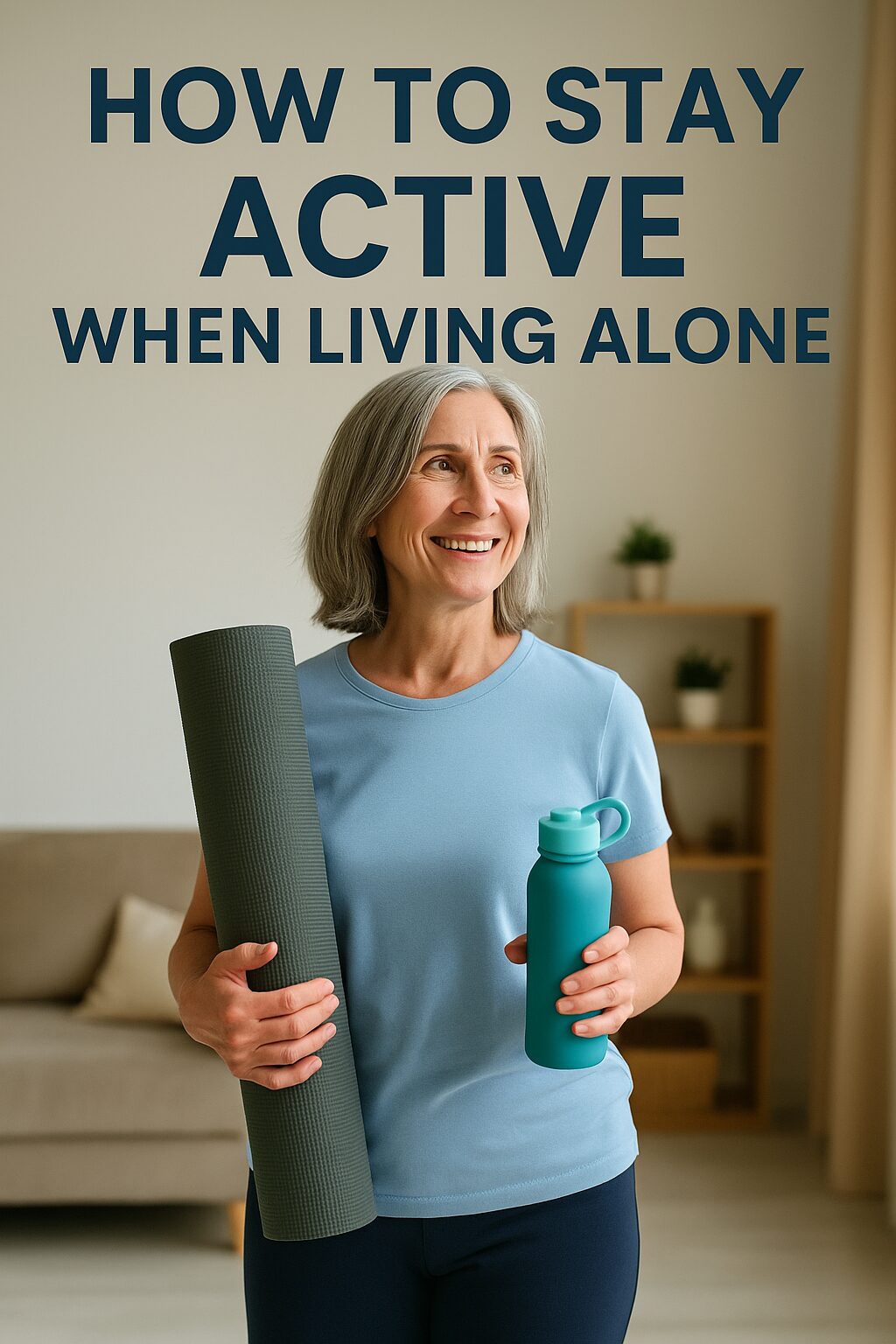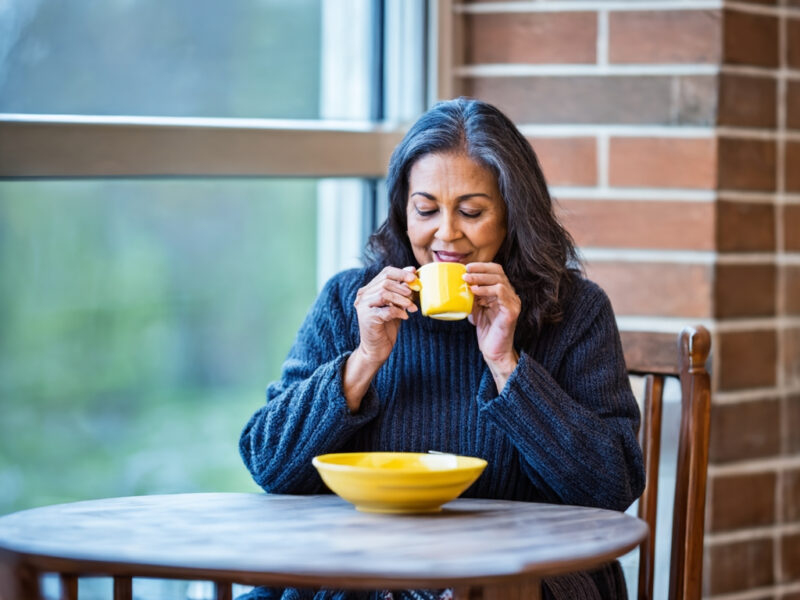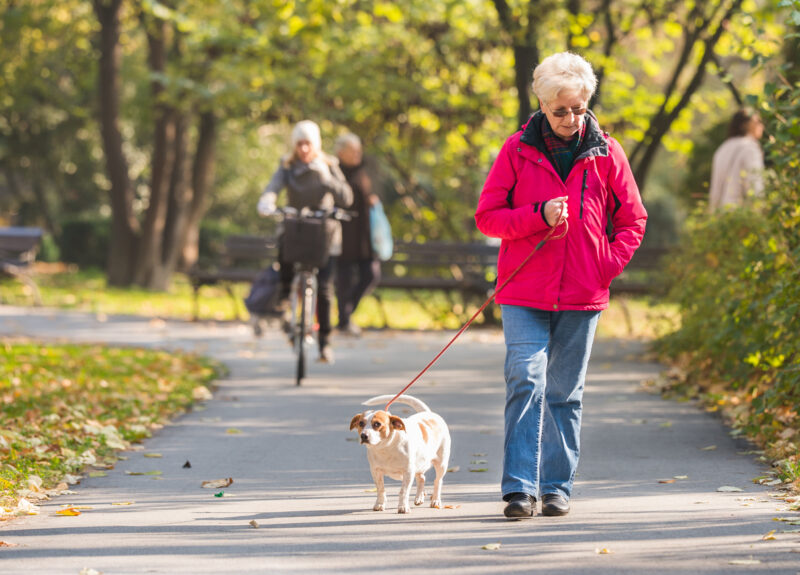As summers grow hotter across North America, more households—even in traditionally cooler regions like the Pacific Northwest—have started relying on air conditioning. Cities like Seattle and San Francisco, where AC was once considered unnecessary, are now seeing a rapid rise in installations. While air conditioning provides relief from dangerous heat waves, especially for women over 50, excessive use can lead to fatigue, headaches, stiff joints, and even worsen menopausal symptoms.
If you’ve ever felt unusually cold, tired, or unwell after sitting in an air-conditioned room for hours, you’re not imagining things. For midlife and older women, especially during and after menopause, staying cool without compromising health requires a smarter, more balanced approach.

The Hidden Health Risks of Overusing Air Conditioning
Fatigue, Headaches, and Muscle Stiffness
Spending long hours in artificially cooled environments can slow down circulation and affect your body’s ability to regulate temperature. Many women report feeling sluggish or achy after being exposed to cold air for extended periods. These symptoms may be more intense in women over 50, due to slower metabolism and hormonal changes that affect vascular function.
Indoor Dehydration
Air conditioning can also dry out indoor air, leading to dehydration without you realizing it. This can cause dry skin, sinus irritation, and increased fatigue—problems that many older women are already more prone to.
Disrupted Body Temperature Regulation
Prolonged exposure to cold indoor temperatures may dull your body’s natural ability to adjust to outside heat, making it harder to tolerate outdoor conditions when you step out. In severe cases, this can increase the risk of heatstroke when transitioning from cold to hot environments too quickly.
Why Women Over 50 Are More Sensitive to Cold
Hormonal Changes Affect Thermoregulation
During and after menopause, declining estrogen levels make it harder for the body to maintain stable internal temperatures. This can lead to hot flashes, but also increased sensitivity to cold—especially in the hands, feet, and joints.
Reduced Circulation and Muscle Mass
Aging naturally reduces muscle mass and slows circulation, both of which make it more difficult to stay warm when exposed to cool air. For women, who generally have lower muscle mass than men, this effect is more pronounced.
Cold-Related Symptoms Mimic Other Conditions
Many women mistake cold-related fatigue or joint stiffness for aging or chronic illness. In fact, simple changes to temperature control and lifestyle habits can significantly improve how you feel.
Cooling Without the Chill: Smarter Ways to Use AC
Set the Temperature Right
Instead of turning your AC to 68°F (20°C) or lower, aim for a more moderate 74–78°F (23–26°C). This keeps your space comfortable without causing your body to overcompensate for the cold.
Use a Fan to Distribute Cool Air
Fans can help circulate the air and reduce the need to lower the thermostat drastically. Ceiling or oscillating fans are especially effective in keeping the air moving without chilling one specific area of your body.
Take Cooling Breaks—Not Marathons
If possible, step outside into natural warmth for a few minutes every couple of hours. Your body benefits from mild heat exposure and sunlight, which can improve mood, vitamin D levels, and circulation.
Avoid Direct Airflow
Don’t sit directly in front of vents or place your bed near one. Constant cold air hitting the same area of your body—especially your back or feet—can cause localized stiffness and worsen joint pain.
Food and Drink Tips to Balance Your Body Temperature
Warm-Strengthening Foods
Incorporate foods that naturally support circulation and warmth. These include:
-
Ginger
-
Garlic
-
Cinnamon
-
Miso soup (a Japanese staple known to support inner warmth)
-
Whole grains like brown rice and oats
Avoid overconsumption of ice-cold drinks and raw foods, which may weaken digestion and circulation in older adults. Instead, enjoy room-temperature water with lemon or herbal teas like rooibos or chamomile.
Hydration Without Overcooling
You still need to hydrate properly in summer—but ice water isn’t the only option. Warm barley tea or cucumber-infused room-temperature water can help regulate body temperature without shocking your internal system.
More on hydration tips for older adults can be found here:
https://www.nia.nih.gov/news/stay-safe-summer-heat
Light Exercise and Natural Remedies for Better Circulation
Gentle Movement to Support Blood Flow
Even 10 minutes of light stretching, yoga, or indoor walking can help stimulate circulation and reduce the impact of cold air on your muscles and joints. Pay special attention to:
-
Shoulder rolls and neck stretches
-
Gentle squats or seated leg lifts
-
Ankle and wrist rotations
Try Traditional Japanese “Onka” Practices
The concept of “onka” (温活) in Japanese wellness refers to promoting internal warmth through daily habits. These include:
-
Taking warm baths (not hot) before bedtime
-
Wearing socks indoors, especially on tile or hardwood floors
-
Using a hot water bottle around the lower abdomen
Support Hormonal Balance Naturally
Many symptoms related to AC sensitivity—like cold hands and feet, fatigue, or joint discomfort—are linked to declining hormone levels. Natural supplements such as Juveriente® Effisoy®, inspired by traditional Japanese diets, support the body’s ability to balance estrogen and DHEA levels naturally. This can help restore your internal temperature control and overall energy.
Learn more about Effisoy® and its unique ingredient, fermented soy isoflavone aglycone, here:
https://juveriente.com/effisoy/
Final Thoughts
Staying cool in today’s extreme summers is more important than ever—especially for women over 50, who are more vulnerable to heat-related illnesses. But relying too heavily on air conditioning can cause its own set of health challenges, particularly for those with sensitive circulation and hormone fluctuations.
By using air conditioning wisely, making supportive dietary choices, and incorporating natural movement and remedies, you can maintain both comfort and well-being all summer long.
Remember: balance is the key. Stay cool, but stay warm inside.
Juveriente Effisoy: A Natural Solution for Hormonal Balance and Energy Restoration
Juveriente®’s Effisoy® offers a natural solution to combat age-related fatigue in summer by supporting hormonal balance. Launched in 2016, Effisoy® is based on fermented soybean germ extract, a traditional Japanese ingredient known for its potential to ease menopause symptoms and improve overall vitality.
Effisoy® works by boosting the body’s natural synthesis of DHEA, a hormone precursor crucial for maintaining balanced hormone levels. As we age, the body’s ability to produce DHEA declines, contributing to symptoms of fatigue and decreased energy. Effisoy® helps restore this balance by enhancing the body’s own hormone production processes. It supports hormonal balance safely, without introducing external hormones, allowing your body to regulate its hormone composition naturally.
This balance not only aids in reducing age-related fatigue but also promotes healthier skin and overall well-being. While Effisoy® benefits both men and women, it has become especially popular among women experiencing menopause, helping to alleviate symptoms like fatigue, mood swings, and skin aging.
By addressing the hormonal changes associated with aging, Juveriente®’s Effisoy® provides a natural and effective way to restore energy levels and combat age-related fatigue, helping you feel more vibrant and energized as you age.
Here are some of the real product reviews in our Amazon shop.
“Restful sleep finally!!”, “I Am Now Free of Hot Flashes!!”, “Lifesaver”






